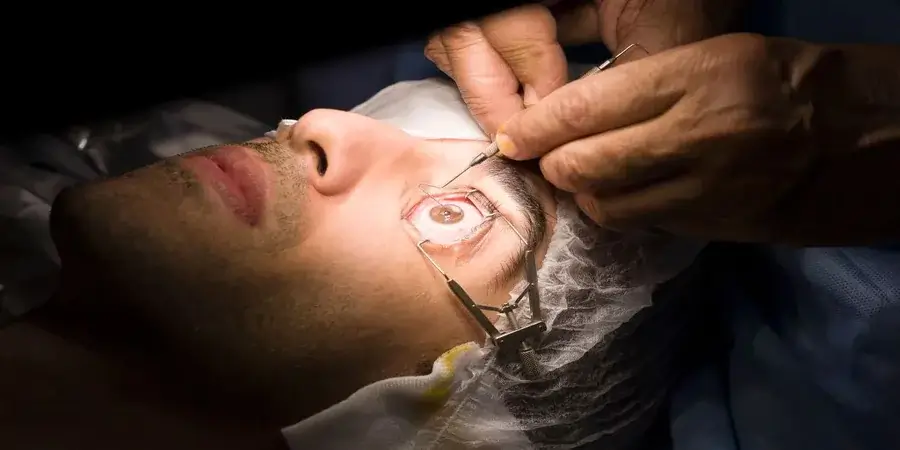In the modern world of healthcare, safety extends beyond the operating room or pharmacy counter. One of the lesser-known but critically important aspects of public health is the proper handling and disposal of pharmaceutical waste. Medications—whether expired, unused, or contaminated—pose serious risks when not managed correctly. This is where pharmaceutical waste services play a vital role in ensuring community safety, environmental protection, and regulatory compliance.
Understanding the Risks of Improper Disposal
Improper disposal of pharmaceutical waste can have far-reaching consequences. When medications are flushed down the drain or tossed into regular trash, they can leach into soil and water systems, contaminating drinking water and harming aquatic ecosystems. Even small traces of antibiotics, hormones, and painkillers have been detected in rivers and lakes, affecting wildlife and potentially contributing to antimicrobial resistance.
From a public health perspective, improper disposal can also lead to accidental poisonings, drug misuse, and diversion. Expired or discarded medications can fall into the wrong hands—especially in homes, schools, or care facilities where secure disposal protocols may not be in place. Children, pets, or individuals struggling with substance abuse are particularly vulnerable to these risks.
What Pharmaceutical Waste Services Do
Pharmaceutical waste services are specialized providers that manage the safe collection, transport, treatment, and disposal of pharmaceutical waste generated by hospitals, pharmacies, clinics, laboratories, and even households. Their goal is to prevent harmful exposure, reduce environmental pollution, and help healthcare providers comply with local and national waste regulations.
These services categorize waste into hazardous and non-hazardous pharmaceuticals, ensuring each type is treated appropriately. Hazardous pharmaceutical waste—such as chemotherapy drugs, opioids, or certain expired medications—requires specific containment and incineration to neutralize toxic compounds. Non-hazardous waste, including vitamins and over-the-counter medications, can often be disposed of with less intensive treatment, but still under strict protocols.
Supporting Healthcare Providers and Pharmacies
Medical professionals have a duty to protect both patients and the public. Pharmaceutical waste services make it easier for healthcare providers to fulfill this responsibility without disrupting day-to-day operations. They supply clearly labeled containers, training for staff, and regular pickups that follow stringent handling procedures.
Pharmacies, in particular, benefit from these services by offering take-back programs to the community. By collecting unwanted medications from the public and ensuring they are disposed of safely, pharmacies not only protect individuals from accidental ingestion or misuse but also reinforce their role as responsible healthcare partners.
Regulatory Compliance and Risk Reduction
Government regulations surrounding pharmaceutical waste disposal are strict for a reason: the risks of getting it wrong are significant. Failure to comply with waste management laws can result in hefty fines, reputational damage, and in severe cases, legal action. Pharmaceutical waste services stay up to date with evolving regulations, helping facilities navigate complex compliance requirements.
By partnering with professional waste handlers, businesses in the healthcare sector can minimize liability, prevent environmental damage, and maintain the trust of their communities.
Environmental Responsibility and Long-Term Impact
Protecting public health isn’t just about addressing immediate threats—it also means thinking about long-term consequences. Reducing pharmaceutical waste in the environment contributes to a healthier ecosystem, which in turn supports cleaner water, safer food supplies, and a better quality of life for future generations.
Pharmaceutical waste services are an essential part of this effort. By ensuring medications are disposed of in an environmentally sound and socially responsible way, these services bridge the gap between healthcare and environmental stewardship.
Final Thoughts
Pharmaceutical waste may seem like an afterthought in the grand scheme of healthcare, but its proper disposal plays a crucial role in safeguarding communities. From preventing accidental poisonings to reducing pollution and maintaining regulatory compliance, pharmaceutical waste services are on the front lines of public health protection. Their role is not only practical—it’s essential.













